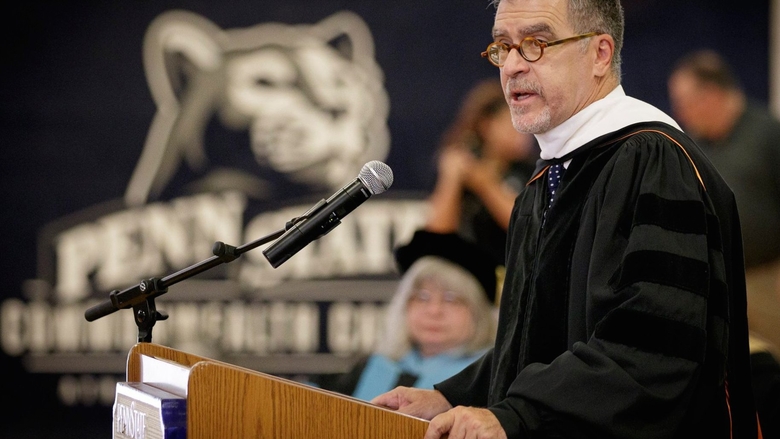
The end of ivory towers in higher education
Not far from the universities within the city limits lies a small suburban university with a big name. Penn State Abington boasts almost 4,000 full and part-time students and is looking to expand. With shuttles from the city to campus and efforts to increase their grant program, the school is looking to make higher education accessible to all.
Not far from the universities within the city limits lies a small suburban university with a big name. Penn State Abington boasts almost 4,000 full and part-time students and is looking to expand. With shuttles from the city to campus and efforts to increase their grant program, the school is looking to make higher education accessible to all.
“We’re proud to say we offer access, affordability, and high impact education,” Chancellor Damian Fernandez stated.
The newly named Chancellor of the university, Dr. Damian J. Fernandez has a long history in higher education with a particular concentration in finding ways to including students with diverse backgrounds in higher learning.
Building on the experience he gained from Fieldston School, Dr. Fernandez spearheaded a new strategic plan focused on integrating STEAM (science, technology, engineering, art and math), while also encouraging fluency in world languages and global education.
During the interview, he expressed he was particularly excited about two programs the university was instituting, one being the Heritage Language program that encourages fluency in native tongues and another that encourages global learning during class, rather than the conventional study abroad programs.
“Nothing changes you more than changing location, crossing borders, understanding the other [...] We’re excited to institute a new program where students will be fluent in their native language, whether it’s Spanish, Vietnamese, Mandarin or Arabic at the same time they complete their careers and degree programs,” Fernandez stated.
Formerly calling himself the Felix Adler of the campus at Fieldston School, Fernandez shared he was determined to continue the mission of providing access to higher education to all students regardless of their background at Abington.
“My job is about delivering the promise of Adler in the 21st century,” Dr. Fernandez told the New York Times. “I’m Adler with an iPhone, iPad and Latino accent.”
Working with Congreso and Aspira for a K-16 pipeline to higher education, Dr. Fernandez is dedicated to creating spaces that help students from underserved communities get access to higher education in ways they normally wouldn’t.
Formerly the Ogontz campus, the Chancellor describes exactly how the demographics of the school break the stereotypes of the ivory towers that the students find may have found themselves trying to overcome when applying to other universities, “We offer a full stop shop in higher education that brings the Penn State name, with the power that degree confers, in addition, we offer a small campus, it’s suburban and a beautiful setting for learning. We are distinguished by the fact that 50% of our students are students of color and 50% are first generation college students,” Fernandez said.
Born in Cuba and raised in Puerto Rico, Fernandez spoke about the impact his upbringing had on not only his current education goals but his career path. His mother worked as a teacher in Puerto Rico and he shared how her work left an impact on not only her students but him as well. And particularly, his choices in his own undergraduate track as a young adult. The Chancellor gave an air of being able to identify with the experiences that many new students at Abington may be familiar with and a perspective that may be able to lead to constructive administration based on both lived and observed experience.
“I never felt I was the ‘other’ until I came to the United States. And it was an interesting moment in the history of Princeton and of the United States. Post-civil rights but for the first time, these preeminent institutions were attracting students of color at any level that was significant,” said of his time in undergrad.
His dedication to inclusion on campus and global education was prominent in his speech, and after discussing the impact that President Trump’s administration would have on a university that focuses on global education, Fernandez spoke candidly about Trump’s policies.
“It’s a step backwards if we think that we live in an American fortress. The notion of ‘Fortress America - Protect, Separate, Stand outside, Defend’ instead of America as the beacon as the leader as the open-armed nation. I understand why there are groups in this country who feel left out and in economic disparity and my answer to that is education, retraining, retooling for the new economy,” Fernandez said.
Fernandez went on to say that any policy or platform that focuses on building walls is the exact step in the wrong direction and goes against, essentially, the foundation of America.
“Think about the Mexican-American war, the United States incorporated after that war in 1848. So multiple Latino communities - Florida is a Spanish possession initially - so we were interested in telling the story of the United States from a critical perspective that included other voices - not only Latinos,” Fernandez stated.
It is this foundational knowledge and instinct that is helping Fernandez focus on creating diverse leaders of the future.
“I’m very concerned about leadership - leadership formation. And a new pipeline of leaders that are going to help shape the future of the United States and that means providing access to groups that were traditionally left out of the higher education possibility. I see that as a moral imperative that I’ve carried throughout my career,” Fernandez said.



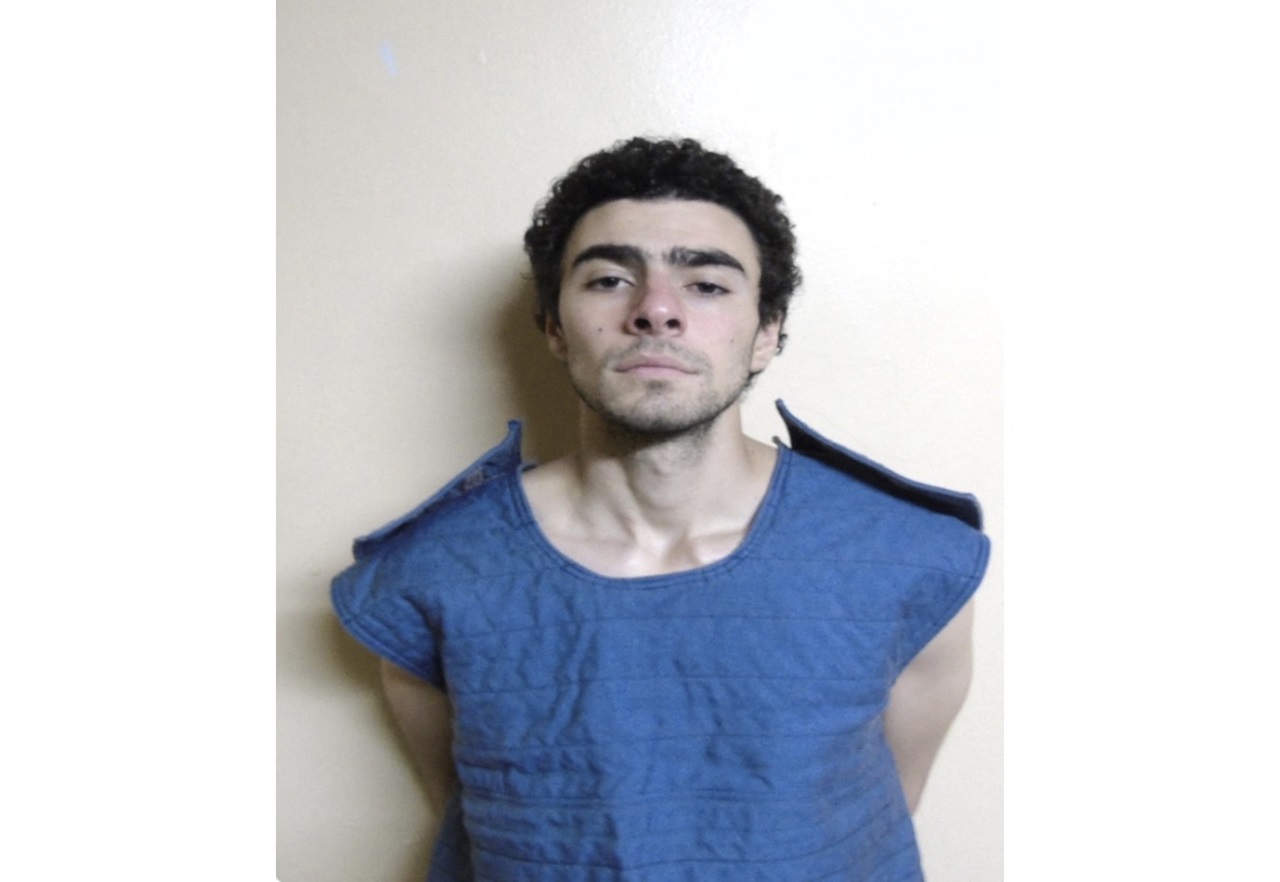
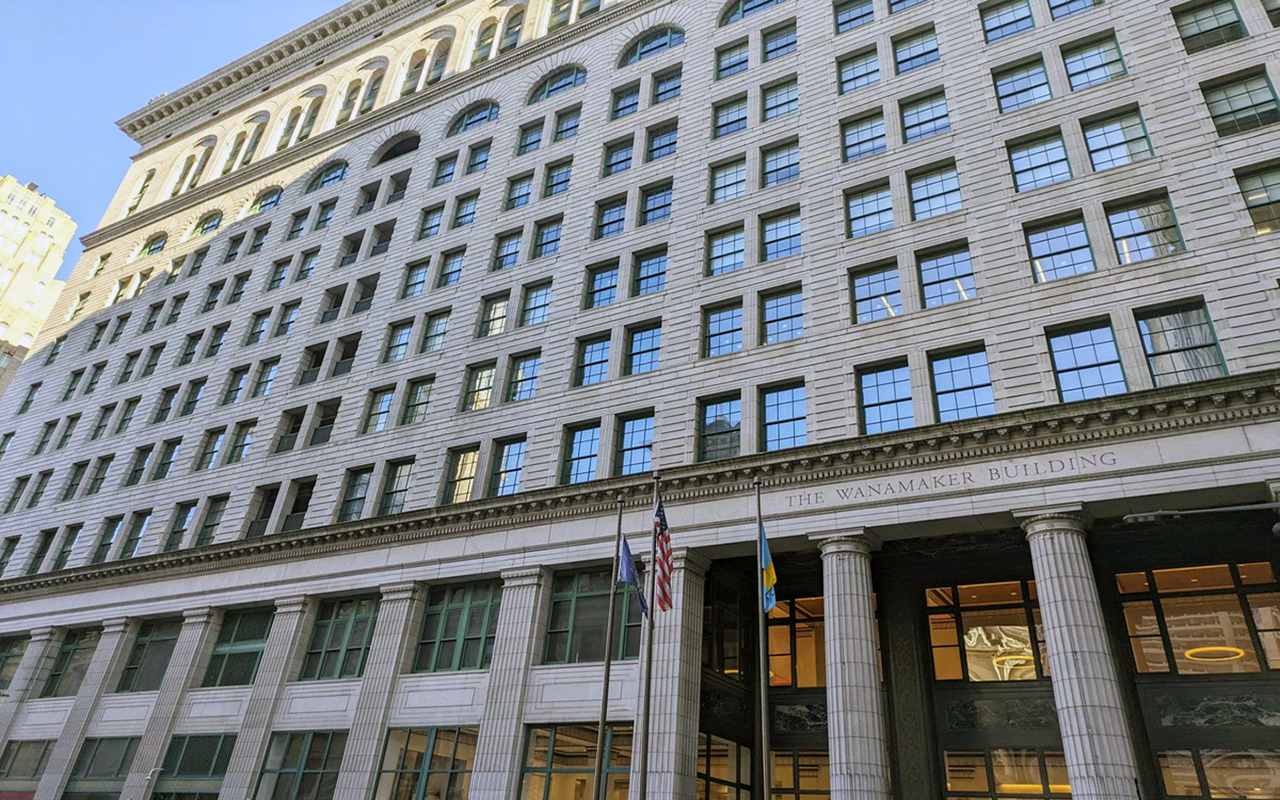

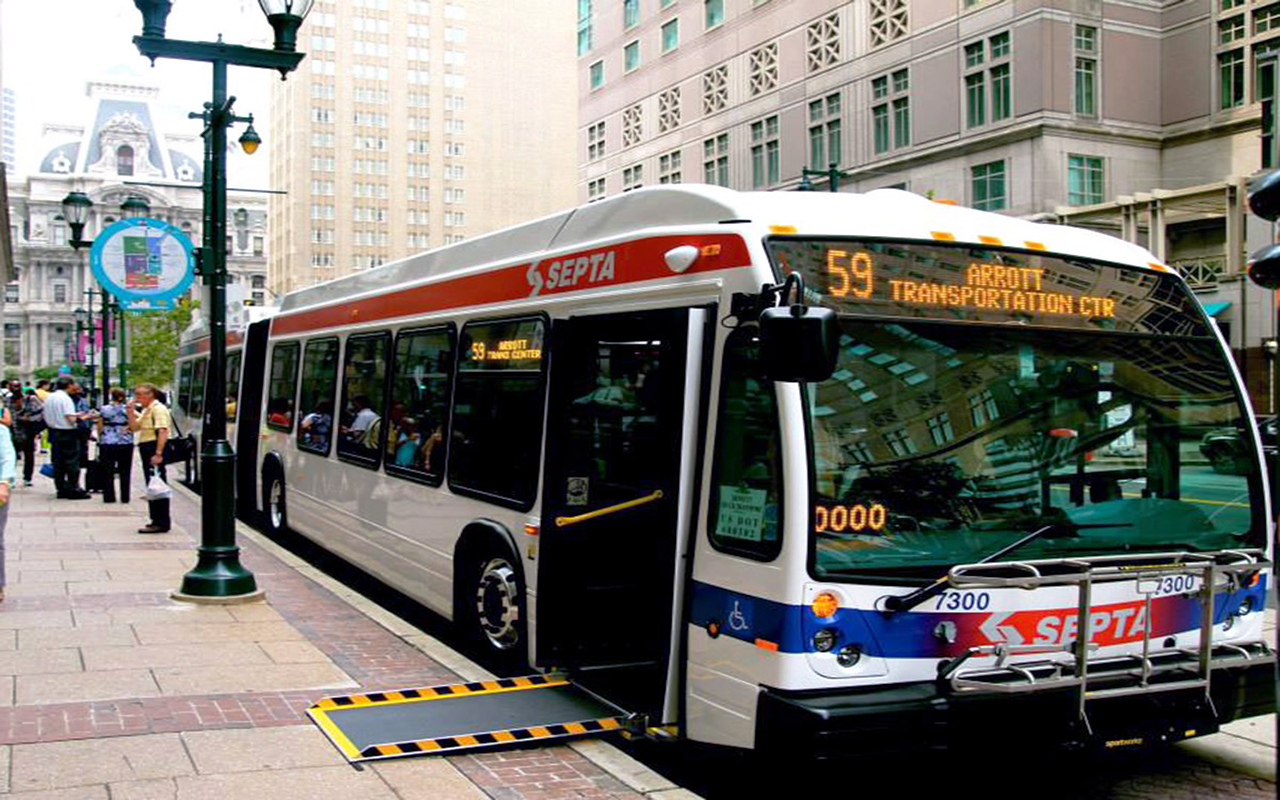
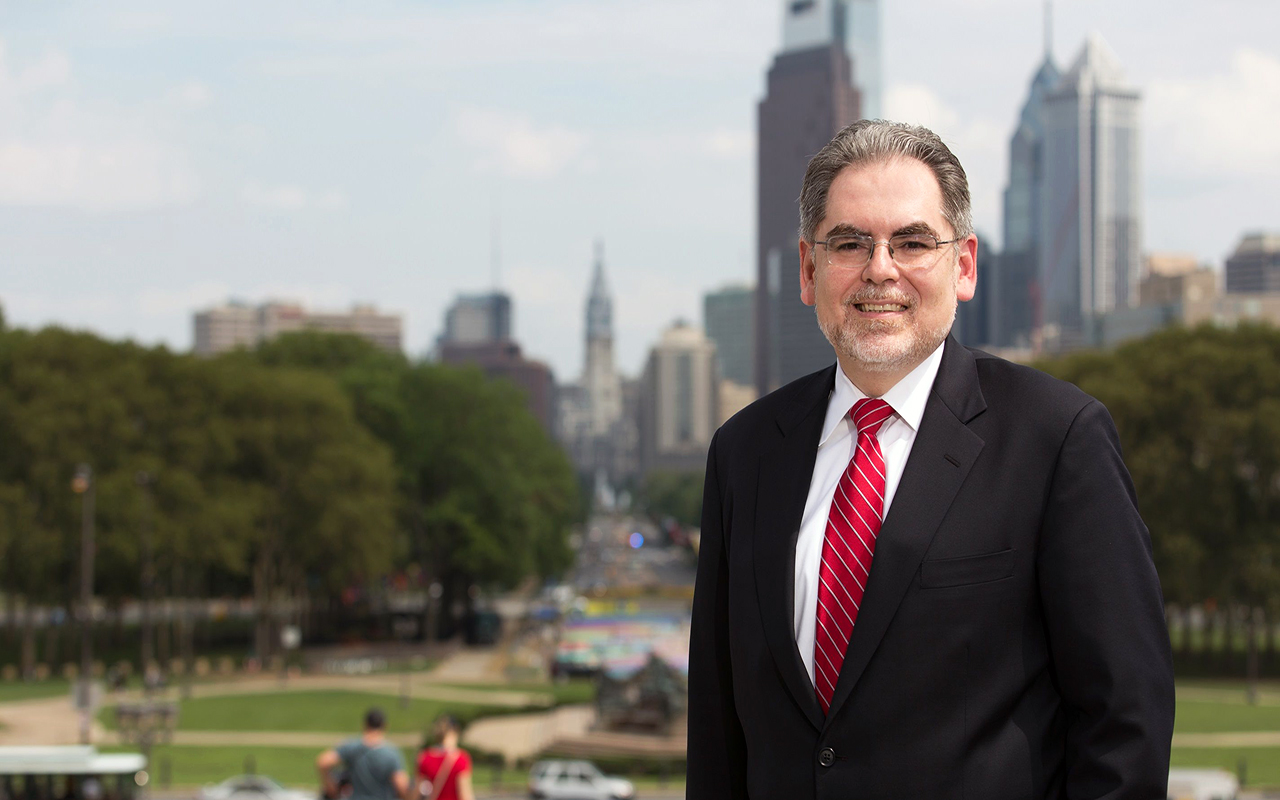


LEAVE A COMMENT:
Join the discussion! Leave a comment.